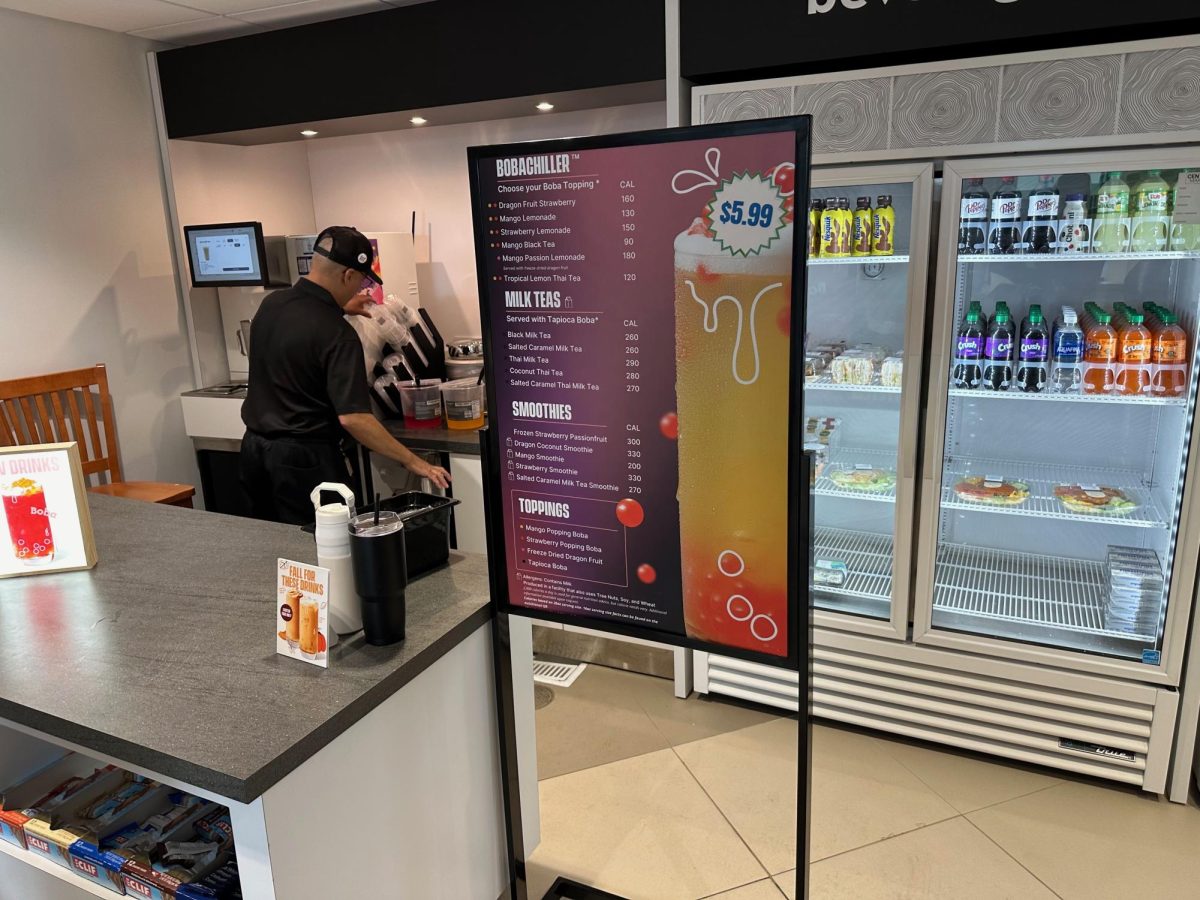 By Melissa Traynor
By Melissa Traynor
In his first letter to students as the university’s new Health Service Director, Christopher R. Diamond, M.D. directly addressed plans to handle H1N1 virus, or swine flu, and urged students to exercise common sanitary measures.
“We’re hyper vigilant, but we’re also rational,” said Diamond, who began his position during the summer. “We’re not going to overreact or under react.”
CCSU has also added a new page to the university’s Health Service Web site outlining suggested precautions for avoiding spread of the flu, including encouraging students to stay home if they come down with a fever or experience other flu-like symptoms.
“All flu types are potentially dangerous; we just don’t know how this one is going to react,” he said.
Diamond said that this season will see the usual symptoms, but headaches, stomach pains and sore throat may also accompany the H1N1 flu.
The Web page also notes that the university will distribute two types of flu vaccinations as they become available, expected in September.
“The main thing about this is influenza doesn’t have a great treatment. The medicines we have reduce length of illness by a couple of days,” Diamond said. “We save those for people moderately or severely ill, in the hospital or are heading to hospital or people who have other illnesses, such as asthma.”
In the email to students, he said that university Health Service is training residence hall staff to be prepared for H1N1 and that individual hand sanitizers will be distributed as well as installed in buildings on campus. By the first day of class, the Student Center dispensers were installed on walls near main doors.
He also noted in the email that the university has “established temporary housing apart from residence halls for student who are ill and unable to return home conveniently, principally our international students and those whose homes are in other states,” which, in effect, may serve as a quarantined area.
Diamond said the Health Service office will become a place for ill students to stay if they are being picked up. Including himself, Diamond said they have three full-time staff and they are looking into assistance after-hours or whether regular hours will be expanded should the situation call for it.
“Working hard to have telephone triage,” he said.
The Health Service Director explained that the university’s aim is to prevent the all types of the flu, not to single out or only treat H1N1. In terms of treating students who become ill with the H1N1 strain, performing a test to confirm the case will not aid recovery and results may take a week to determine.
It is suggested that students who experience flu-like symptoms contact university Health Service and schedule the next available appointment if they cannot be seen by a health professional that day or at the least leave message with the office concerning their condition. Diamond said he and his staff are working to help students wait until the later appointment.
While treating all students with flu-like symptoms and keeping a steady watch on the situation at CCSU, Diamond was confident.
“The importance is on people taking care of themselves,” he said.


